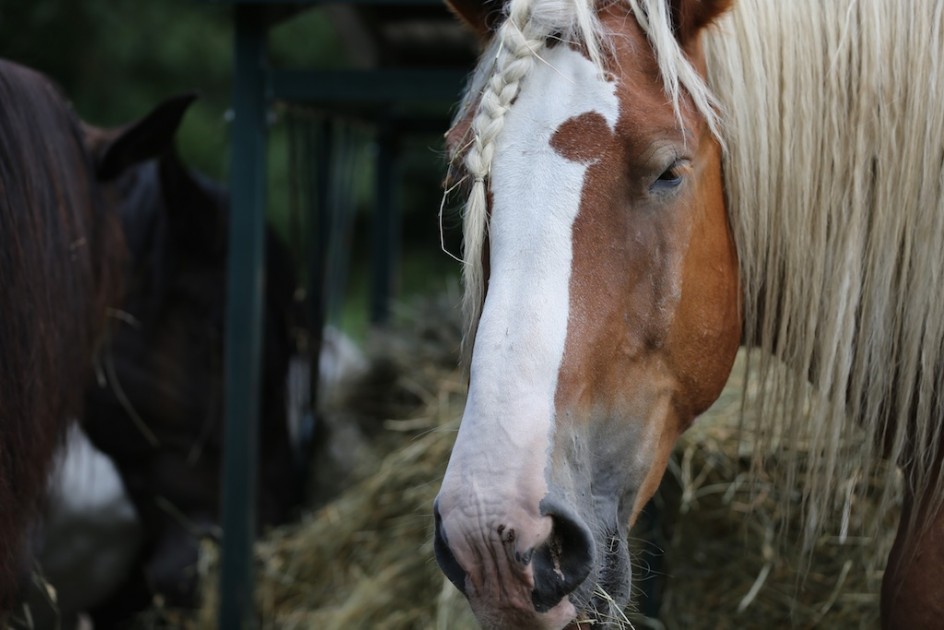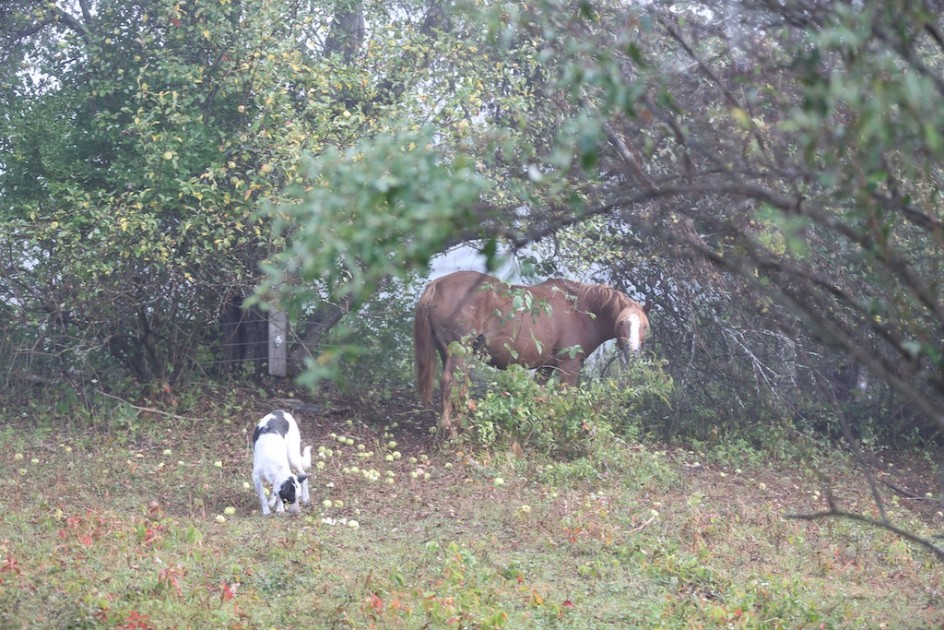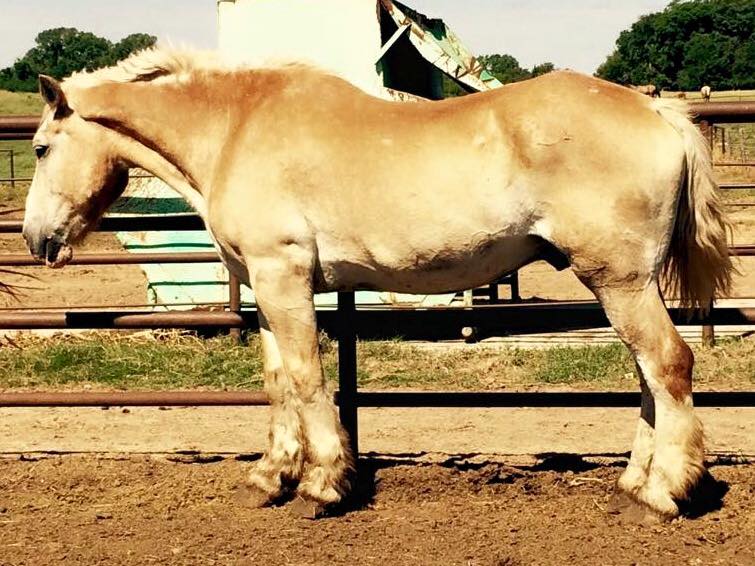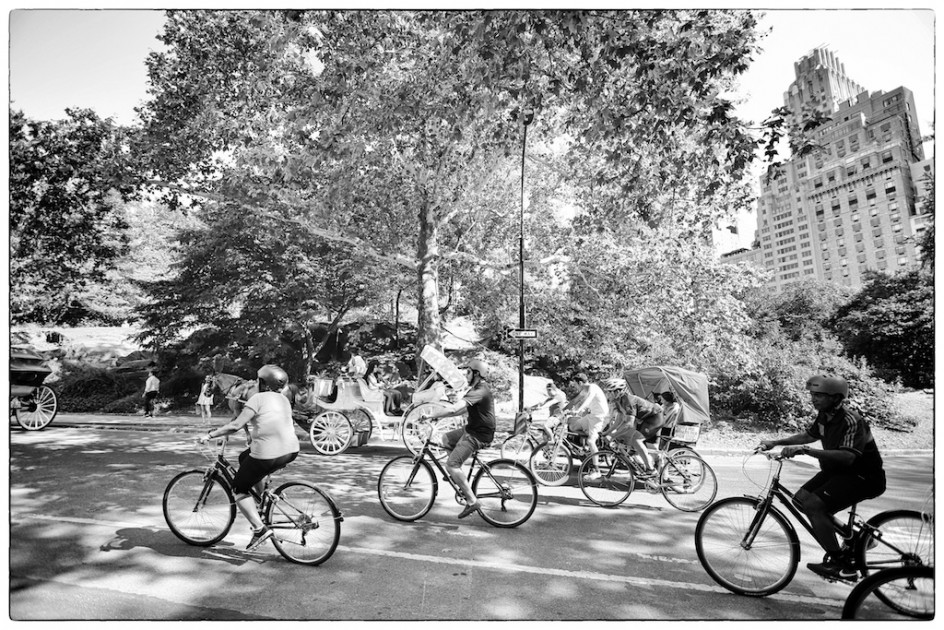
Last week I wrote about a conversation and evolving friendship with a man named John, who is a horse kill buyer who lives in the Midwest. Horse kill buyers are not popular in the animal world, they are part of the demons animal lovers seem sometimes to need, high up in the lexicon of villains. I was not surprised to get a lot of very angry and disappointed messages from readers and animal lovers, who believed that John did not deserve to be liked or loved. Or even live long.
I don’t know John well enough to love live him, but in my first exchanges with him – they were online. I had one subsequent telephone conversation with him, and I did like him. We are different, he is much younger, we come from different worlds. We both love dogs, especially Labs, and we both have an appreciation for border collies.
Since we first talked, John went out and got a couple of my books and is reading them, and he is interested in them. I asked him if he had read any of the scores of comments about him and his work, and he said they had, these sentiments are the reason that even his two young children don’t really know what he does – he goes to horse auctions and buys horse that are sent to slaughter in Mexico or Canada.
The slaughterhouses pay him a fee for each one he buys and sends to them.
John is afraid of what the other kids in school would do to them if they knew. People in America, he says, seem to have lost any understanding of what the real lives of animals are like.
Some of the comments about John were especially ugly. “He should be slaughtered in the same way, the horses are slaughtered,” messaged Jane. “People like that are not human, they don’t deserve any more mercy than they give the animals. What kind of a monster would do that for a living, said Shelley.”
Those were some of the nicer ones, people did not appreciate my writing about him sympathetically either. “For shame,” said one message.
This interaction between John and me came about abruptly, I was writing about a rescued draft horse named Asher – we raised money on the blog to help get him away from a horse kill buyer in Omaha – and I started to write something unkind about the horse kill buyer there, and I had this sudden insight, this awakening: the buyer there was just doing his job, just trying to pay his mortgage and feed his family.
What right did I have to condemn him or dislike him, I thought? This seemed an unthinking response to me, part of the now epidemic American disease of hating the other, the people we don’t understand or agree with or come from different places or who do things we might not do.
Looking back on this intense exchange between me and John and me and my readers, and yet another angry mob on social media, I felt grateful for the opportunity to think about John and to try to see and understand him as a human being, rather like me in many ways, trying to make his way in the world and care for his family. There is a toxic strain in the animal world that causes people to be frightened and angry. It is polluting our relationship with one another and with the animals.
John works hard at his job, traveling all over the Midwest, spending much time away from home, living somewhat of a secret life, since has been shouted at, harassed, spit upon, had his tires slashed and care windows broken and defaced. He had me thinking when he said had spent some summers working in an Amazon warehouse, and being a kill buyer was easier and more humane.
My view of John does not come from the Christic idea of turning the other cheek, I am not yet so noble or generous, although I am great admirer of the true and largely unknown beliefs of Christ. I sometimes think Pope Francis is the only person in public life who knows much about Jesus, or what he truly believed. Can any person of faith believe he would sent 12 million Mexican people away?
My feeling comes from a different place.
I am learning not to judge other people, but to try and walk in their shoes, even when I disagree with them or can’t accept their views. How else can I learn and grow, as a writer, as a human being?
John is not a politician running for office and seeking power. I think that the Johns of the world often end up cleaning up after the messes the rest of us make – good police officers and honest politicians sometimes come to mind – but never own up to. The lure of judging other people is that you never have to look at yourself. That is the pull of the gavel.
We have created a world in which the natural lives and habitats of horses have almost been completely destroyed. We have created a culture in which the very people who say they speak for the horses are removing them from the world and harassing the people who live and work with them unjustly. We live in a country that is sending more than 150,000 horses a year to cruel slaughter in foreign countries because the people who say they speak for animals have managed to shut down our own slaughterhouses in the name of loving the horses.
We live in a world where greedy and oblivious humans forgotten the worked animals have done for us, or how they have lived with us, and we no longer know them or understand what they need.
Is any of this John’s fault? I did not find a single person among the hundreds attacking him who took any responsibility for the world we have created for the horses to try to live in. Or who suggested one single thing we might do with the hundreds of thousands of horses no one wants or can afford to take care of? Or who have donated any of the millions of dollars that go to fund-raising, lobbyists and politicians to outbidding the horse kill buyers like John.
The animal rights groups in New York have spent between $3 and $ 6 million dollars on lobbyists and marketers and try and ban the New York Carriage Horses. John said that money would have saved every horse he has ever seen in an auction. And it’s okay to judge him?
Is John supposed to quit his job and let the horses roam the streets? If he does quit his job in outrage, who wiill take the horses? I’ve seen this again and again now. We ban the ponies from giving rides to children, we drive the elephants out of the circuses, we ban the working horses from working. The ponies vanish, are sent to slaughter. The elephants have nowhere left to go in our world, they will follow the ponies. The big draft horses have no work and languish and struggle or die. None of the armies of the righteous seems to know or care where these animals will go or who will take responsibility for their care?
No one can tell us. No one. The ghosts and spirits of the animals will haunt us for this, we have betrayed them.
I don’t blame John for this.
I can tell you with some confidence that John is a nice and plain-spoken man. He is a family man, an ordinary man. High school sports, community college, different, often crummy jobs. He gets no joy from sending horses to slaughter, neither does he sit up nights in agony about it. It’s a job, he has to pay his bills. His pleasure comes from taking care of his family, loving his wife, going to soccer and baseball games, doing some bird-watching with his mother, puttering in the yard and the garage, hoping this is the year for the Chicago Cubs.
It is hard for John to be spit on, or hated in Facebook messages. He would love to tell his kids what he does for a living, he hates lying to them. That’s the thing about righteousness, it is a particularly one-sided disease, it kills generosity, empathy and community.
Increasingly, I find judging others distasteful. I think I will let others do the judging and raging online. It is not who I wish to be. I need to see John as a human being, not a one-dimensional villain swept up in the outrage and hatred and righteousness of our world. I mean to stay in touch with him, and keep our little dialogue going. I think it has meaning for both of us.




